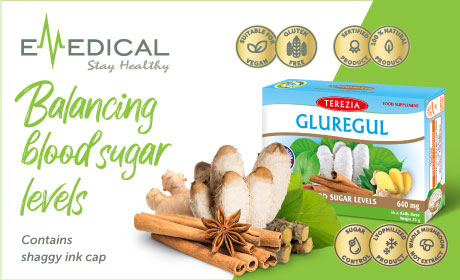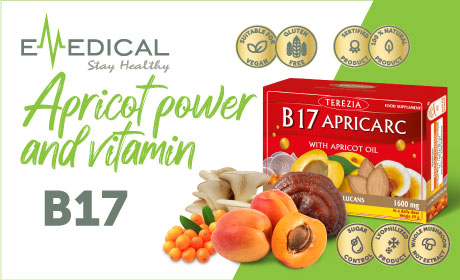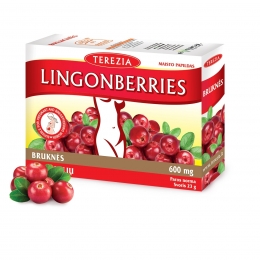No products in the cart.

Lingonberries
Lingonberry
Scientifically known as Vaccinium vitis-idaea is a short evergreen shrub that bears edible fruits. The lingonberry fruit, also known as foxberry, quailberry, bearberry, beaverberry, mountain cranberry, red whortleberry, lowbush cranberry, cougarberry, mountain bilberry, partridgeberry, redberry and alpine cranberry is native to boreal forest and Arctic tundra throughout the Northern Hemisphere from Eurasia to North America.
Other berries such as blueberries, cranberries, and raspberries are more popular and well-known; lingonberries are gaining massive popularity in the world due to their health benefits. Lingonberries are smaller, juicier and slightly sweeter than their cousins – cranberries. They have been used for centuries both as food and as medicine. Also known as foxberries or cowberries, these tart red berries can be eaten raw or they can be processed into delicious lingonberry jam or syrup (popular in Sweden and other Scandinavian countries). When used primarily for their health benefits, lingonberries are also often juiced or ingested in supplemental form.
Nutritional Value of Lingonberry
Apart from their acidic to sour taste, Lingonberry is a good source of nutrients, vitamins and minerals. Consuming 100 gram of Lingonberry offers 3.2 mg of Manganese, 2.4 mg of Vitamin B5, 11 mg of Vitamin C, 3.7 g of Total dietary Fiber, 11.5 g of Carbohydrate, 0.07 mg of Copper, 0.4 mg of Iron, 0.12 µg of Vitamin B-12 and 0.05 mg of Vitamin B1.
Health benefits of Lingonberry
Lingonberries have been used as both food and medicine for centuries. Compared to any other berries, they are of no less value and it fights against the effects of a high-fat diet and blocking weight gain. Spaced out from that, they fight against diabetes and obesity as well. Coming to the nutritional profile of these berries, whole Lingonberries or the juices of it have been accepted to have certain beneficial compounds like Quercetin and proanthocyanidin which is also abundant in cranberries. Additionally, the leaves of Lingonberry have been shown to be full of bioactive compounds like arbutin- a phytochemical. In traditional Austrian medication the fruits have been managed internally as jelly or syrup for healing of disorders of the gastrointestinal tract, kidneys and urinary tract, and fever.
Subcategories
lingonberries
TEREZIA LINGONBERRIES 60 CAPSULESDeliver it between Tue 30 and Wed 31







